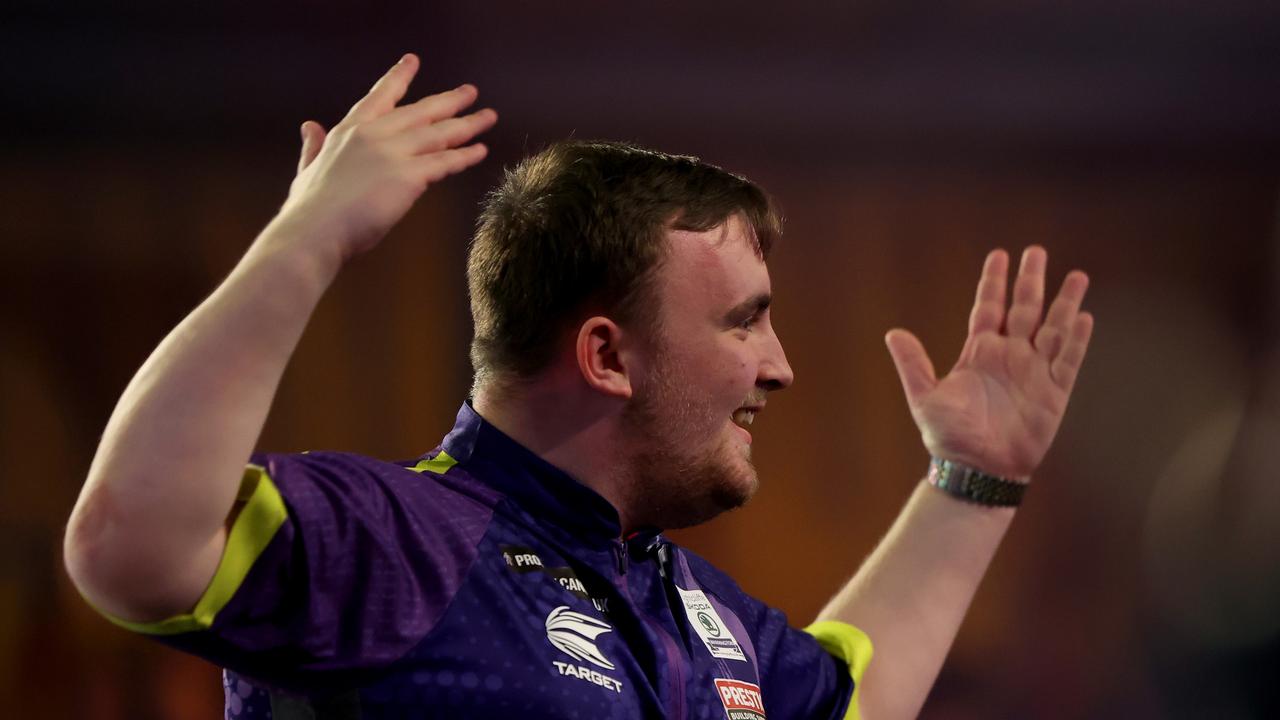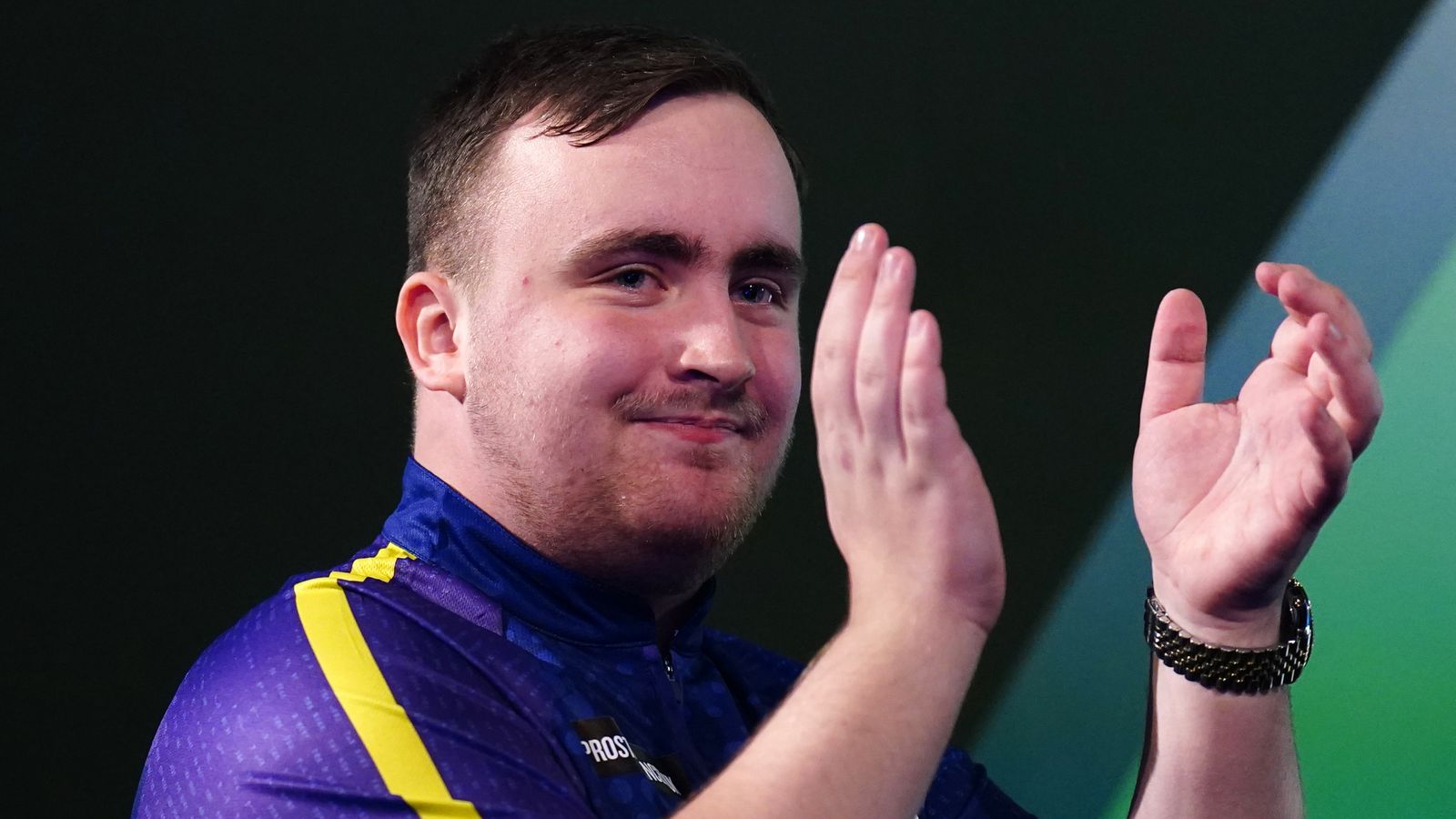
Luke Littler Stuns With Candid Revelation After Historic Darts Triumph
On Sunday night, after winning his first PDC World Darts Championship title, Luke Littler sent shockwaves through the darts community with a candid revelation. In a post-match interview, Littler admitted to struggling with "dark thoughts" and "suicidal feelings" in the past.
A Triumph Over Adversity
Littler's victory was a remarkable achievement. The 22-year-old became the youngest player to win the world championship since Andy Fordham in 1995. However, his physical strength and skill were matched, if not surpassed, by his mental resilience.
Littler's candid revelation shed light on the mental health struggles faced by many athletes behind closed doors. By choosing to speak openly about his past, Littler has undoubtedly broken down a barrier and encouraged others to seek help when needed.
The Mental Health Crisis in Sports
Luke Littler's revelation is a reminder of the significant mental health challenges faced by athletes at all levels. The demands of training, competition, and public scrutiny can create an environment where mental health issues can easily go unnoticed.
Recent research has highlighted the high prevalence of mental health disorders among athletes. According to a study published in the Journal of Sport and Exercise Psychology, elite athletes are three times more likely to experience depression than the general population.
Factors Contributing to Mental Health Issues in Athletes
Several factors can contribute to mental health issues among athletes, including:
- Excessive pressure: Athletes face immense pressure to perform, both from themselves and others. This pressure can lead to anxiety, depression, and burnout.
- Body image issues: Athletes are constantly judged based on their physical appearance, which can create body image issues and eating disorders.
- Substance abuse: Athletes may turn to drugs or alcohol to cope with the physical and emotional demands of training and competition.
- Isolation: Athletes may feel isolated from others due to their unique training schedules and competitive lifestyles.
Addressing Mental Health in Sports
Luke Littler's revelation highlights the need for sports organizations, coaches, and athletes themselves to prioritize mental health.
There are several ways to address mental health issues in sports:
- Education: Educating athletes, coaches, and other staff members about mental health disorders is essential for breaking down stigma and promoting early intervention.
- Screening: Regular mental health screenings can help identify athletes at risk for mental health issues and provide them with appropriate support.
- Treatment: Athletes struggling with mental health issues should have access to professional treatment, including therapy and medication.
- Support: Coaches, teammates, family members, and friends should provide a supportive environment for athletes and encourage them to seek help when needed.
Conclusion
Luke Littler's candid revelation has brought the issue of mental health in sports to the forefront. By speaking out about his own struggles, he has broken down a barrier and encouraged others to seek help. It is now imperative for sports organizations, coaches, and athletes to prioritize mental health and create an environment where athletes feel supported and comfortable seeking assistance.
Luke Littler's historic darts triumph is not only a testament to his skill and determination but also a symbol of hope and resilience. His candid revelation has the potential to change the way mental health is viewed and addressed in sports and beyond.

0 Comments: